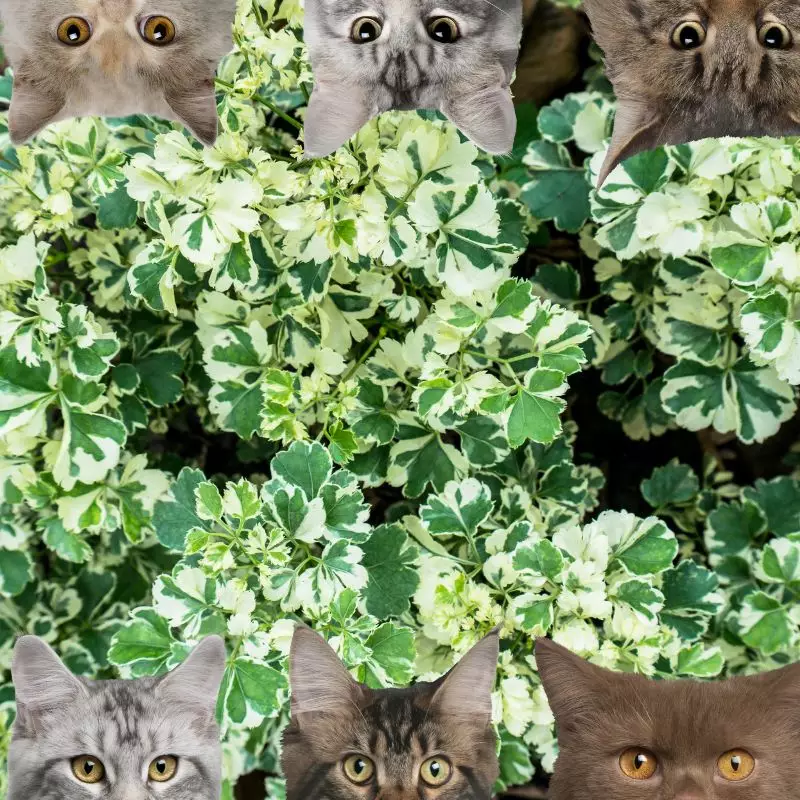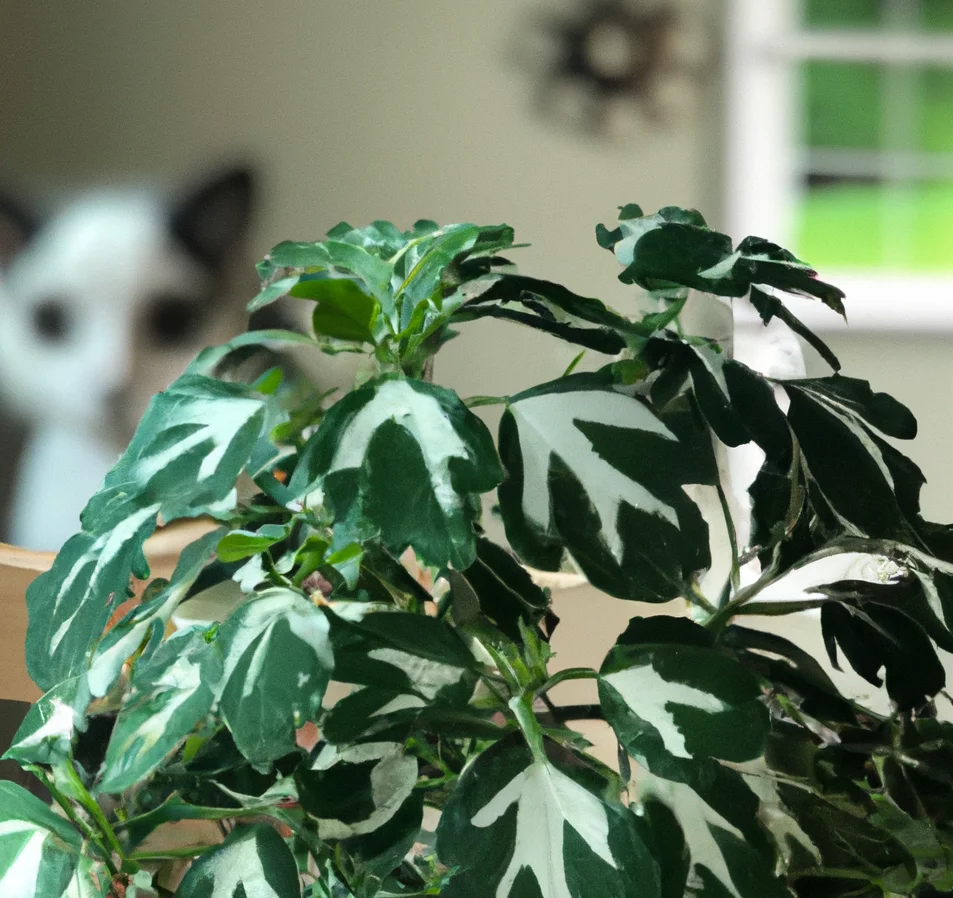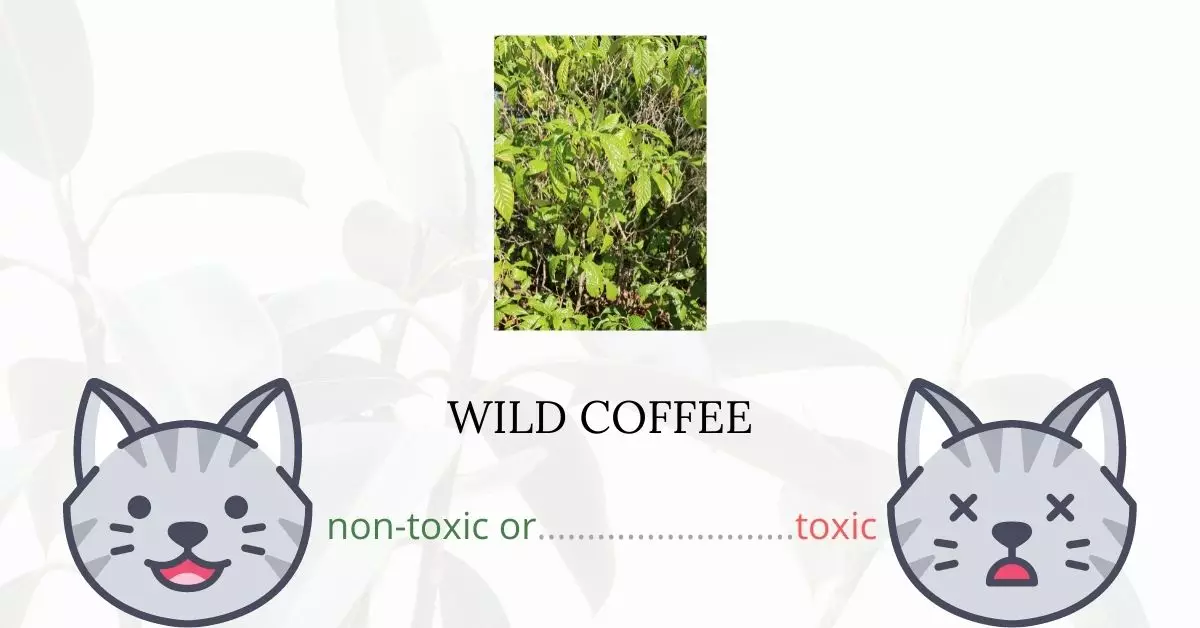Wild coffee, indeed, contains elements that can be toxic to cats. Saponins, prevalent toxins in the wild coffee tree, are capable of causing not just skin irritation but also inducing pain in a cat’s oral cavity and gastrointestinal system if ingested. Exposure to these toxins can occur if a cat rubs up against or consumes a section of the wild coffee tree, leading to symptoms such as contact dermatitis, vomiting, loss of appetite, lethargy, overall weakness, and elevated heart rate. While instances of wild coffee tree poisoning are rarely lethal or produce life-threatening consequences, it is crucial to act with caution if this plant is within reach of pets, and prompt veterinary attention is advised if a cat has consumed this plant.
This article is the result of a collaborative effort with a team of experienced Doctors of Veterinary Medicine (DVMs) to ensure the accuracy and reliability of the information provided on the potential risks associated with wild coffee and its effects on cats. Our combined insights allow us to deliver the most current and relevant information, enriched by authoritative research from high-credibility sources such as ASPCA and PetMD, to ascertain the implications of various plants on pet health. Through this collaborative and rigorous research approach, we aim to educate and equip cat owners with the knowledge to prevent any harm to their beloved pets from exposure to potentially harmful plants like wild coffee.
Clinical Signs of Wild Coffee Poisoning in Cats

When a cat interacts with or consumes the wild coffee plant, it may exhibit a range of clinical signs, each corresponding to the varying levels of exposure to the toxins, primarily saponins, present in the plant.
1. Dermatitis:
When a cat physically contacts the wild coffee plant, the toxins may cause skin irritation or inflammation, known as dermatitis. This occurs due to the irritating nature of saponins on the skin, causing discomfort and possible redness or swelling.
2. Vomiting:
Ingestion of the plant may lead to immediate gastrointestinal upset, manifesting as vomiting. Saponins can irritate the lining of the gastrointestinal tract, prompting the cat’s body to expel the ingested material as a protective mechanism.
3. Appetite Loss:
Exposure to the toxins can disrupt the normal functioning of the digestive system, leading to a loss of appetite. The discomfort and nausea caused by the ingestion of saponins can make food intake unappealing to the affected cat.
4. Depression:
A cat may exhibit signs of depression due to the overall discomfort and malaise caused by the toxins. The physiological distress can translate to behavioral changes, such as reduced activity and social interaction.
5. Weakness and Fatigue:
The bodily stress induced by the toxic exposure may drain the cat’s energy, leading to overall weakness and fatigue. The cat may become lethargic, showing reluctance to move or engage in usual activities.
6. Elevated Heart Rate:
The toxins from the wild coffee plant can stimulate the cat’s cardiovascular system, potentially leading to an elevated heart rate. This may occur as the body’s response to the stress and discomfort caused by the toxic exposure, putting additional strain on the heart.
Minimal exposure to the wild coffee plant might not lead to noticeable symptoms, but significant interaction or ingestion can induce the above-mentioned clinical signs almost immediately. Immediate veterinary attention is essential to manage the symptoms effectively and prevent any further complications.
First Aid and Treatment of Wild Coffee Poisoning in Cats

Your cat may require intravenous fluids to counteract dehydration and electrolyte imbalances caused by vomiting and diarrhea.
The veterinarian may induce vomiting and then administer activated charcoal when the vomiting has stopped. A gastric lavage, which is a medical term for clearing the cat’s stomach with fluids, may also be done.
If your cat has not developed any gastrointestinal problems, he may merely be suffering from topical coffee tree exposure. In this scenario, the veterinarian may merely need to provide a corticosteroid to relieve the swelling and inflammation of the afflicted skin.
Recovery from Wild Coffee Poisoning in Cats

The vast majority of cats poisoned by wild coffee plants will recover entirely. As with other forms of poisoning, the sooner you bring your cat to the clinic for treatment, the better his chances of making a full recovery.
Prevention of Wild Coffee Poisoning in Cats
If wild coffee plants are growing in your area, keeping your cats indoors would be the best thing to do to prevent another poisoning incident. Keep your cats engaged and mentally stimulated inside your home to reduce the chance of wandering away from home.
If you love plants but have cats at home, check out these lists:





